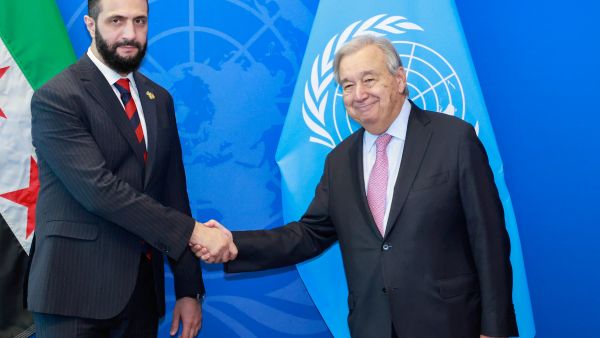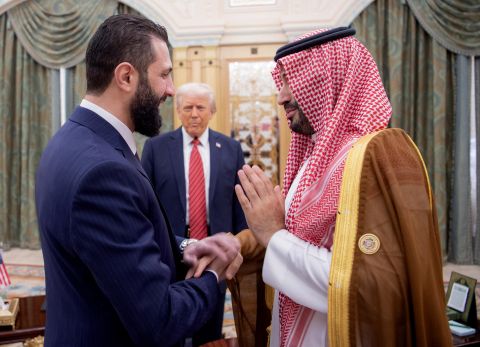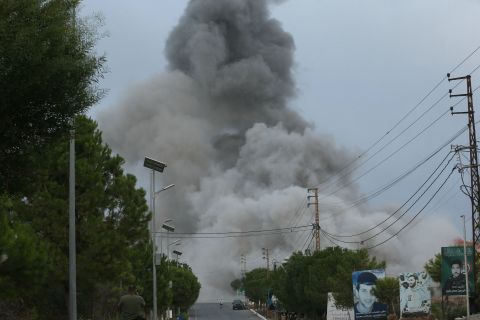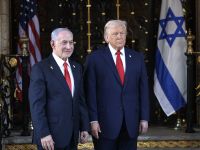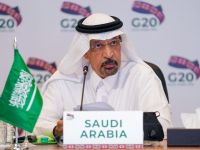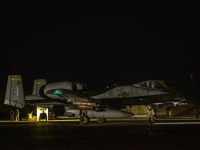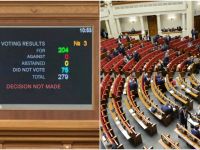ALBAWABA- In a stunning diplomatic shift, the United Nations Security Council voted unanimously on Wednesday to lift long-standing sanctions on Syria’s interim president, Ahmed al-Sharaa, and Interior Minister Anas Khattab, signaling the first international move toward normalizing ties with Damascus since the fall of Bashar al-Assad.
The resolution, adopted 15-0, removes travel bans and unfreezes billions in Syrian assets that had been blocked under Resolution 2170 since 2014. The sanctions were originally imposed over alleged al-Qaeda links and human rights abuses during the early years of the war.
Al-Sharaa, formerly known by his nom de guerre Abu Mohammad al-Jolani, once synonymous with Hay’at Tahrir al-Sham (HTS), the militant group that evolved from Syria’s al-Qaeda affiliate, has sought to recast HTS as a national movement focused on governance, counter-terrorism, and minority inclusion. Khattab, another HTS veteran, was also delisted after pledging internal security reforms and cooperation with international monitoring bodies.
Diplomats cited “verifiable reforms,” including HTS’s disarmament commitments and a U.S.-brokered ceasefire with Kurdish forces, as justification for the decision. “This is not absolution but pragmatism,” said U.S. Ambassador Linda Thomas-Greenfield, noting that the UN will maintain strict oversight through a new monitoring panel.
The timing of the move, just four days before al-Sharaa’s expected summit with U.S. President Donald Trump at the White House, has fueled speculation of American influence.
Trump’s administration, emphasizing “deal-based diplomacy,” views al-Sharaa as a potential counterweight to Iran and Russia’s ambitions in Syria. Sources close to Trump’s transition team described the upcoming meeting as a “strategic reset” centered on reconstruction aid, refugee returns, and energy cooperation.
Reactions have been mixed. Amnesty International called the decision “a reward for impunity,” while Turkey, a long-time supporter of HTS’s political rehabilitation, hailed it as “justice delayed but delivered.” Israel expressed unease over possible regional security implications.



